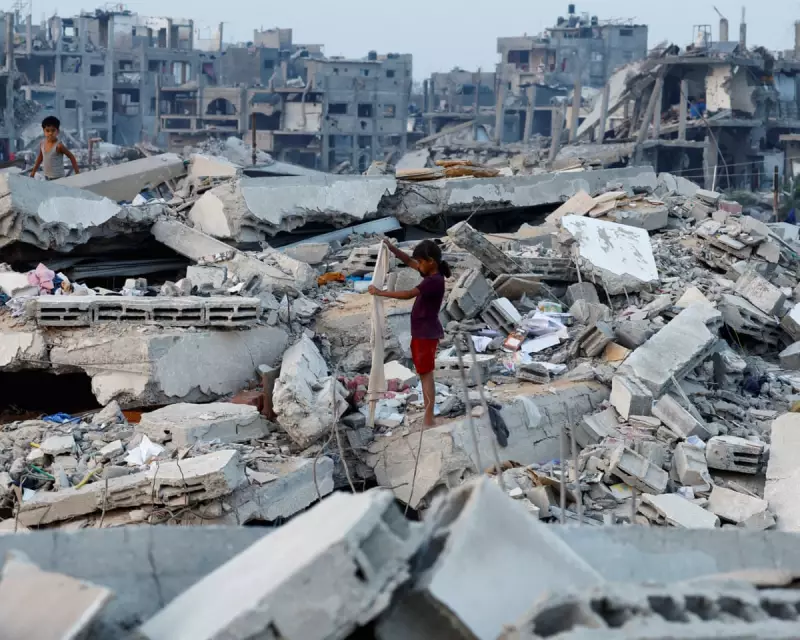
The recent ceasefire in Gaza has brought desperately needed respite from the relentless violence that has devastated the region. The thunder of airstrikes has been replaced by an eerie quiet, but this silence carries its own weight - the heavy burden of recovery that now lies ahead.
The Humanitarian Catastrophe Left Behind
Behind the headlines of diplomatic breakthroughs lies a landscape of unimaginable destruction. Entire neighbourhoods now resemble ghost towns of rubble and twisted metal. Critical infrastructure lies in ruins, with hospitals, schools, and water systems severely damaged or completely destroyed.
The human cost is staggering. Families emerge from shelters to find their homes gone, their livelihoods destroyed, and their communities shattered. The psychological trauma inflicted on civilians, particularly children who have known nothing but conflict, will take generations to heal.
Beyond the Headlines: The Long Road to Recovery
While the cessation of hostilities marks a crucial first step, it represents only the beginning of Gaza's challenges. The territory faces a monumental reconstruction effort that will require sustained international commitment and coordination.
- Immediate humanitarian needs include medical care, clean water, and safe shelter for displaced populations
- Long-term reconstruction must address the complete rebuilding of essential infrastructure
- Economic revival is crucial for creating stability and hope for Gaza's future generations
The Danger of Complacency
There's a real risk that as the immediate crisis fades from front pages, international attention and support will wane. This pattern has repeated itself in previous conflicts, leaving underlying issues unresolved and setting the stage for future violence.
The international community must resist the temptation to treat the ceasefire as an endpoint rather than a new beginning. Lasting peace requires addressing the root causes of the conflict and creating conditions where another round of violence becomes unthinkable.
A Call for Sustained Engagement
What Gaza needs now is not just emergency aid but a comprehensive, long-term international commitment. This includes:
- Coordinated reconstruction efforts with proper oversight and accountability
- Support for political solutions that address the legitimate aspirations of all parties
- Mechanisms to protect civilians and prevent future escalations
- Investment in economic opportunities that give people hope for a better future
The ceasefire has given Gaza a breathing space it desperately needed. But without sustained international attention and commitment, this fragile peace may prove temporary. The world must not look away now, when its engagement is most needed to build a stable and prosperous future for all people in the region.





